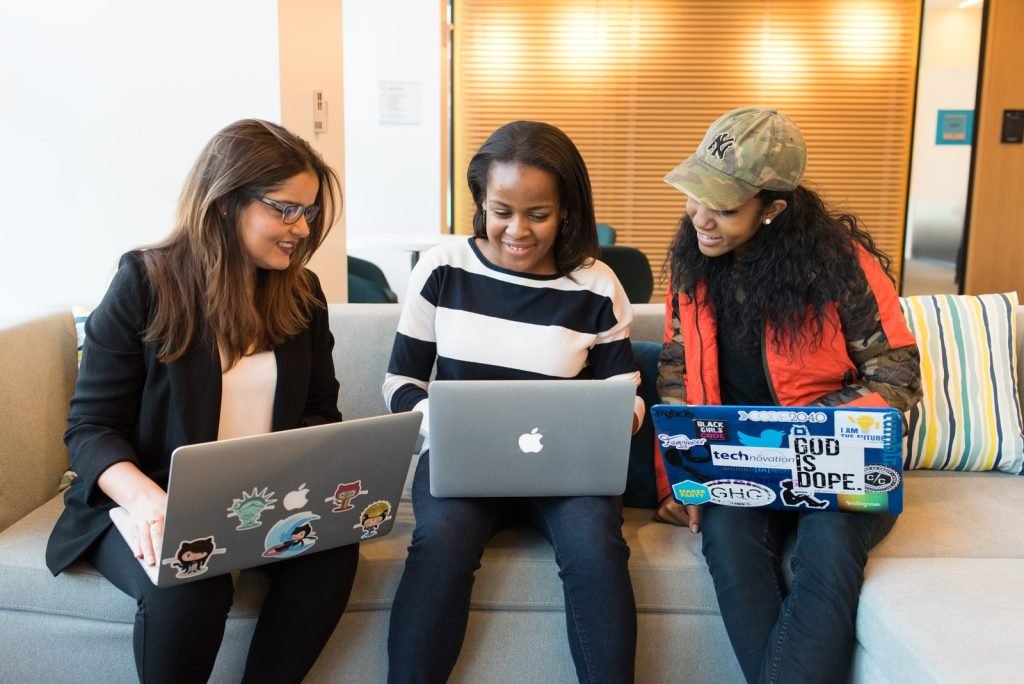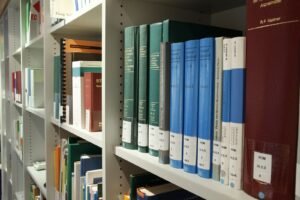Organizational unit: Centre for Transferable Skills
Course type: Online course
“We need diversity of thought in the world to face the new challenges.”
—Berners-Lee, inventor of the Worldwide Web, 2012
In a globalized world, working in an international environment with international teams is nothing unusual. Therefore, managing diversity and learning how to work in multicultural teams are two important/compulsory aspects in order to be successful in the 21st century.
As the title suggests, we will be working on techniques for understanding diversity and the challenges of working in a multicultural team.
We will look at what we consider to be culture. Do we just tolerate, accept or respect differences? What are the essential tools that can help us to look beyond differences? What are the tools that are necessary to help us to be open to others in order to recognize and value individuality?
This course will be a very communicatively based course where information and ideas are exchanged and analysed. You will work with case studies, do a lot of problem solving, work in teams, present and analyse tasks
The final grade will encompass:
– 100% attendance
– mini problem solving/case studies/ and or presentations
– a creation and presentation of a teambuilding exercise to understand and work in multicultural teams. This will be either done in teams or individually (depending on the number of participants in the course)
– a short reflective essay on a given theme
Form of examination: Active Participation, presentation, and written work
Course coordinators: Monja de Silva
Duration: 28.4. 2022 – 14.7. 2022





